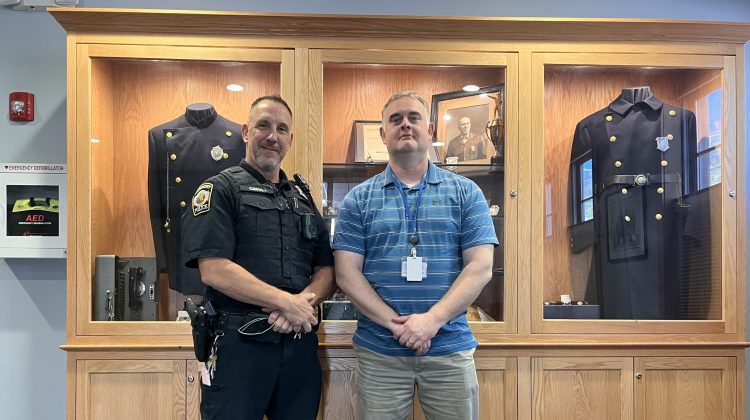Swampscott Police have launched a Mental Health Task Force to address local mental health challenges. By reducing stigma and reaching out to people in crisis, they aim to connect struggling residents with crucial resources.
Swampscott Police address mental health

Key Takeaways:
- Swampscott Police formed a Mental Health Task Force.
- The initiative focuses on reducing stigma around mental health.
- The task force helps connect individuals in crisis with essential support.
- Community partnerships, like Eliot Human Services, bolster the task force’s efforts.
- Police Chief Ruben Quesada and Officer Sal Caruso lead these engagements.
Background of the Initiative
The Swampscott Police Department has created a dedicated Mental Health Task Force to better serve residents facing mental health challenges. This move underscores the department’s intention to support the community and address an often-overlooked area of public safety.
Stigma and Community Need
A driving force behind the task force is the desire to break down the stigma associated with seeking mental health support. Many people hesitate to reach out for assistance, often feeling isolated by their struggles. Swampscott’s new effort argues that proper crisis intervention must start with an open dialogue on mental health.
Task Force Goals and Partnerships
By focusing on mental health, the department hopes to connect individuals in crisis with qualified professionals and resources. The police are working alongside service providers such as Eliot Community Human Service, leveraging their expertise to guide people toward the help they need.
Leadership and Support
Under the leadership of Police Chief Ruben Quesada and Officer Sal Caruso, the Swampscott Police Department is prioritizing proactive mental health response. Their commitment involves responding effectively to crises and making sure that community members know support is available when they need it.
Looking Ahead
The hope is that this new Mental Health Task Force will serve as a model for neighboring communities. As it continues to develop, the task force aims to ensure that those dealing with mental health struggles have access to lasting support—and that seeking help becomes a sign of strength, not a source of stigma.











